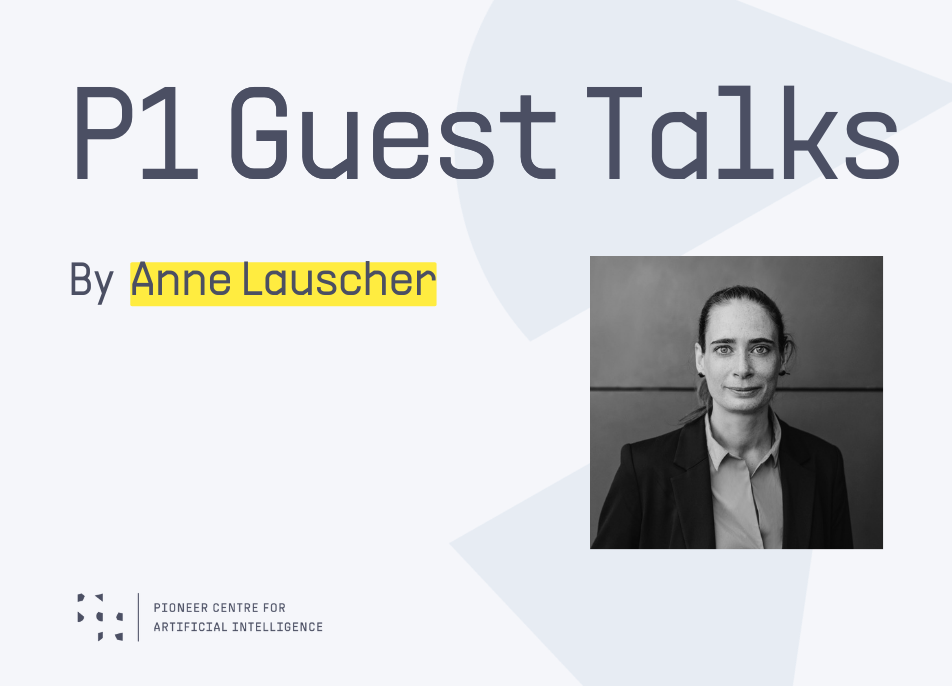Event
Talk: Why Fostering Inclusive NLP needs More Inclusion
Location
Date
Type
Organizer
Title
Why Fostering Inclusive NLP needs More Inclusion
Abstract
Advanced natural language processing systems, such as open-domain conversational AI systems, now reached the broad public and support millions of daily users for a variety of tasks. However, they still exhibit critical shortcomings, in particular, they are exclusive to speakers of potentially marginalized groups underrepresented in our (annotated) training data. Truly societal beneficial language technology should serve everybody. Thus, we are working towards more sociodemographically inclusive NLP, for instance, via data set collection and creation. Still, also here we are creating new problems and dealing with double-edged swords. In this talk, I will outline current issues relating to cultural and subcultural exclusion, and then try to provide a critique of inclusive data set creation practices drawing on a decolonial perspective. Lacking a final conclusion, I will point to interdisciplinary research and mixed-method approaches as beneficial tools for our ongoing epistemic quest.
Bio
Anne Lauscher‘s research group investigates Conversational Artificial Intelligence (AI) systems with a focus on fair, inclusive, and sustainable communication. The professorship is funded by the Excellence Initiative of the German federation and the federal states.
Her research gets regularly published at international top-tier Natural Language Processing (e.g., ACL, EMNLP, etc.) and Artificial Intelligence (e.g., AAAI) venues and has been recognized with multiple awards. For instance, in 2021, Anne received the Maria Gräfin von Linden-Award in life sciences/ STEM, which honors outstanding female researchers in the German State of Baden-Württemberg, and in 2022, she was nominated for the Dissertation Award of the German Informatics Society and named as one of the “100 Brilliant Women in AI Ethics for 2023”.
